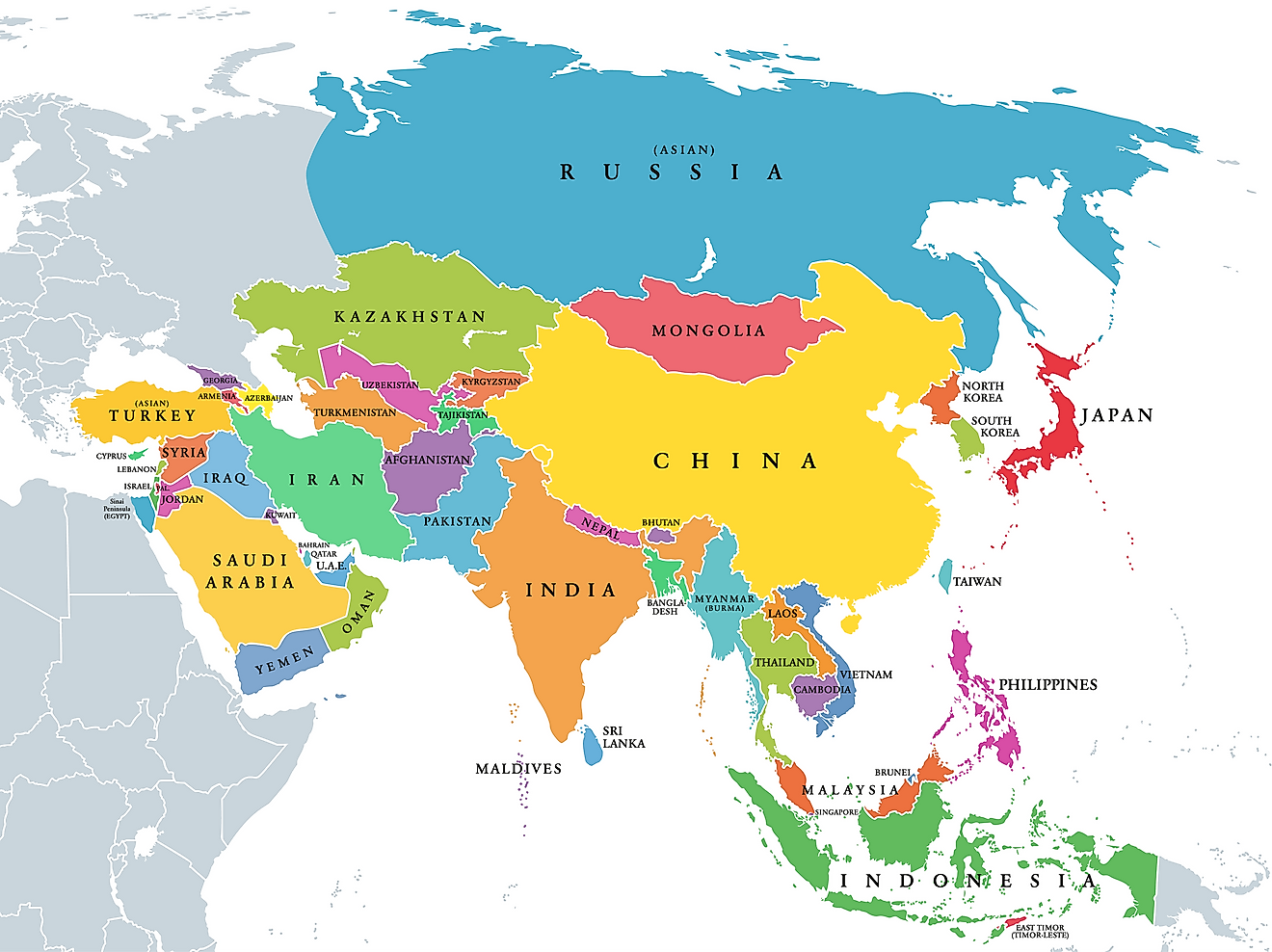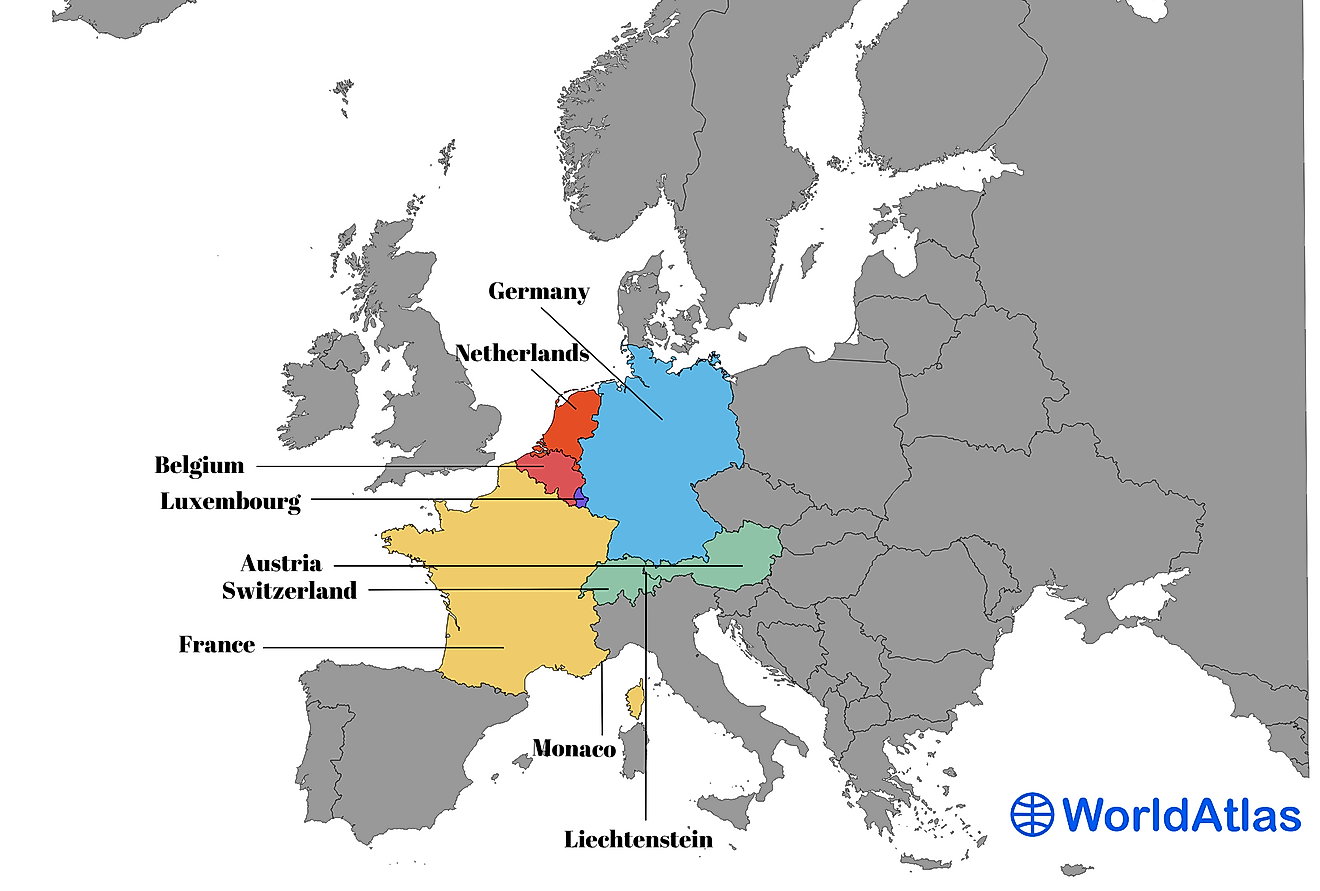Where Are The Balkans?

The Balkans, also known as the Balkan Peninsula, is a geographical and historical region on the southeastern parts of Europe. The Balkan has a population of about 55 million people and a combined area of about 181,000 square miles. The peninsula gets its name from the famous Balkan Mountains which stretch from eastern Serbia to the middle of Bulgaria. The Balkan is bordered by water from three sides; the tributaries of the Mediterranean Sea to the west and south (Marmara, Aegean, Ionian, and Adriatic seas), and the Black Sea to the eastern side. Mount Musala is the highest point in the peninsula.
Which States Are within the Balkan Peninsula?
The Balkan is a geopolitical area made up of twelve nations. It is identical to the region known as Southeastern Europe. The countries which are entirely within this peninsula include Albania, Bulgaria, Bosnia and Herzegovina, Kosovo, Macedonia, and Montenegro. About 40,336 square miles of Greece (which is the Greek mainland) is part of the Balkan. The southern part of Serbia (excluding Vojvodina) which occupies an area of about 20,850 square miles is within the peninsula while 54% of Croatia is in this region. The southwestern part of Slovenia (1,931 square miles), 5% of Romania and 3% of Turkey (European part of Turkey) make up the peninsula.
Demographics
The peninsula is inhabited by the Turks, Romanians, Slovenes, Serbs, Montenegrins, Macedonians, Greeks, Croats, Bosniaks, Bulgarians, Aromanians, and Albanians among other minority groups. The peninsula has a combined population of over 55 million with over 19,760,314 people coming from Romania. The second populous nation in southeastern Europe is Greece with over 10,783,748 Greeks followed by Turkey with over 10,620739 Turks. The least populated state which is entirely in the Balkan is Montenegro with a population of about 622,218 people. Even though only 5% of Turkey is within the Balkans, it is the most highly populated part of the Balkan Peninsula. Balkan is the meeting point of some of the major religions including Roman Catholic Christianity, Islam, and Orthodox Christianity. The primary religion in this region is the Eastern Orthodoxy.
Economy and Politics
Currently, all the nations within the Peninsula are Republics, but before the Second World War, they were all monarchies. Majority of these republics are parliamentary except for Bosnia and Romania which are semi-presidential republics with both the prime minister and the president. Some of these countries here have open-market economies which are within the upper-middle income range except for Slovenia, Greece, and Croatia which are in the high-income economies. Slovenia has the highest Purchasing Power Parity in the Balkan followed by the Greece and the Romania.
Why Is Italy Not Considered To Be Part of the Balkans?
From 1920 to the start of the Second World War, the Italian boundary encompassed parts of Dalmatian like Zadar, and Istria which are within the Balkan Peninsula which meant that Italy was a Balkan nation. However, the current Italian territory only includes a small part around Trieste which is within the Balkan. However, the Italian geographers do not consider Istria and Trieste to be part of the Balkan region because of their definition of the peninsula limits Balkan’s western boundary to River Kupa. Therefore, even though about 0.1% (which is approximately 116 square miles) of Italy is within the Balkans, it is not considered to be a Balkan state.
Where Are The Balkans?
| Rank | Country | Area with the Balkan Peninsula (km2) | Percentage of Country's Total Area |
|---|---|---|---|
| 1 | Bulgaria | 110,800 | 100% |
| 2 | Bosnia and Herzegovina | 51,180 | 100% |
| 3 | Albania | 28,750 | 100% |
| 4 | Macedonia | 25,710 | 100% |
| 5 | Montenegro | 13,810 | 100% |
| 6 | Kosovo | 10,908 | 100% |
| 7 | Greece | 104,470 | 80% |
| 8 | Serbia | 54,000 | 65% |
| 9 | Croatia | 30,000 | 54% |
| 10 | Slovenia | 5,000 | 25% |
| 11 | Romania | 12,000 | 5% |
| 12 | Turkey | 23,764 | 3% |











